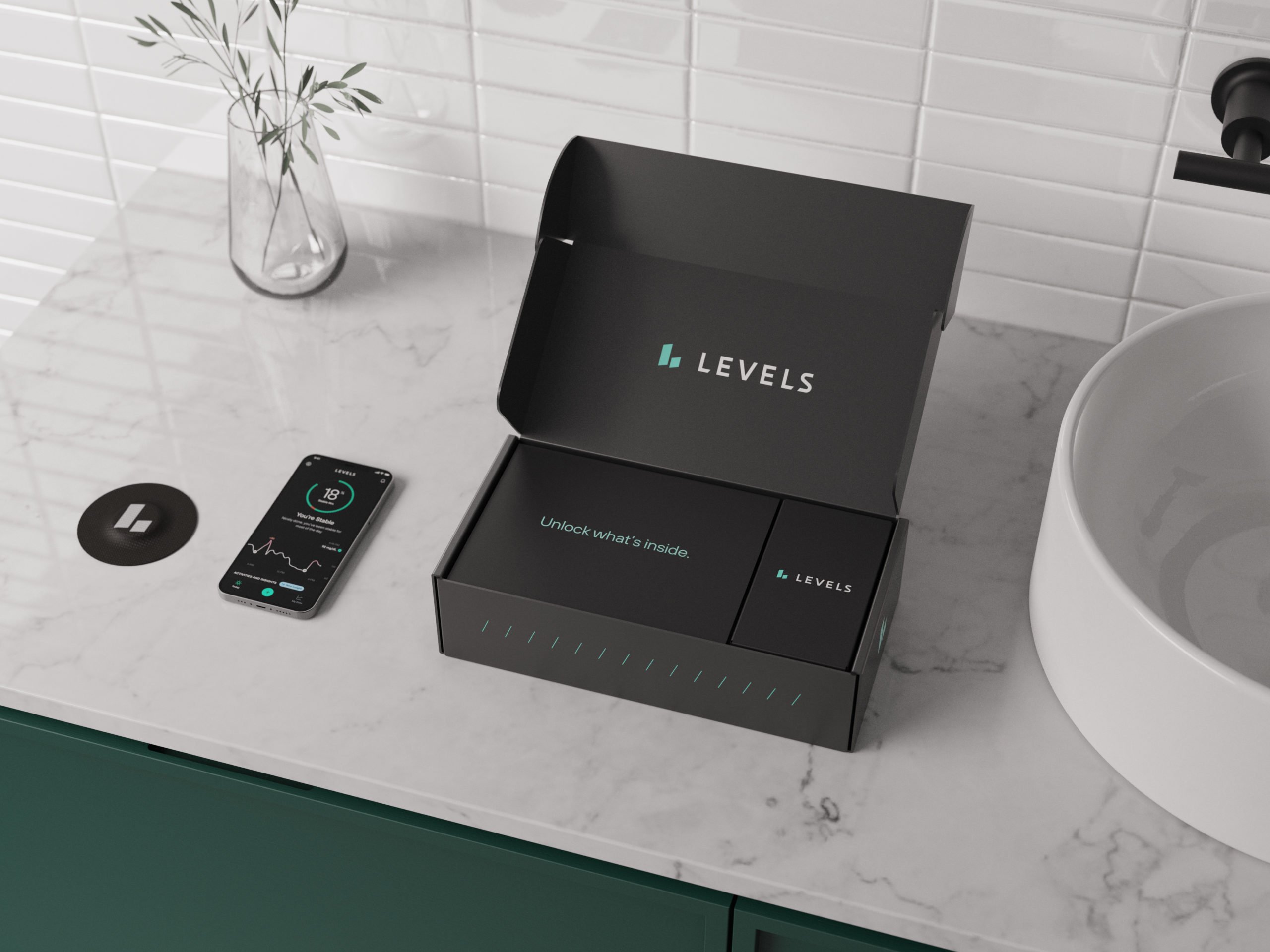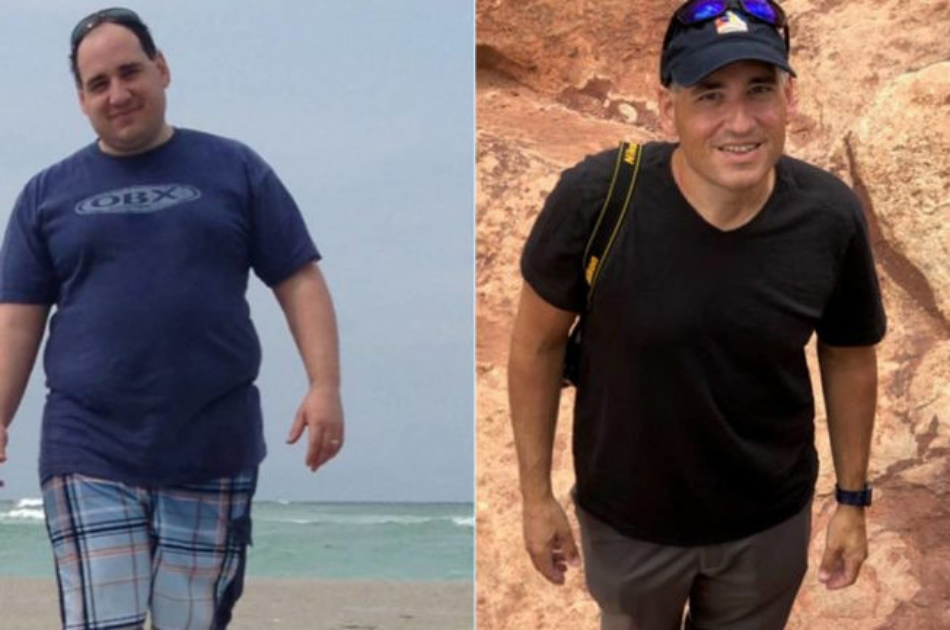 Will Nitze was working in software when he realized he felt terrible. He quickly determined that the culprit was his diet—his high-carb, coffee-filled standard American diet. So he took action. After dialing in his own health, Will founded IQBAR, a company that makes plant-based products for brain-body nutrition. In addition to its signature bars, the company sells IQMIX, a line of powdered drink mixes with nutrients that support cognitive function.
Will Nitze was working in software when he realized he felt terrible. He quickly determined that the culprit was his diet—his high-carb, coffee-filled standard American diet. So he took action. After dialing in his own health, Will founded IQBAR, a company that makes plant-based products for brain-body nutrition. In addition to its signature bars, the company sells IQMIX, a line of powdered drink mixes with nutrients that support cognitive function.
Will’s commitment to mental performance follows a long-standing fascination with the brain. In college, he studied neuroscience; and after reading Grain Brain by Dr. David Perlmutter, he became “obsessed with the concept of a low-carb diet and its impact on the brain.” This obsession—combined with a passion for entrepreneurship—motivated Will to build a company that could improve brain health at scale.
“I started out with the mission of making brain food,” he says.
Here, Will talks more about his mission and what it takes to market health food to the masses.
How did you go from a mission to a product? Did you know you wanted to make bars?
I started by asking: What are the [brain-healthy] nutrients I want to optimize around? Which of these has the most research showing that they’re good for you? Those were omega-3s, choline, curcumin, resveratrol, and vitamin E, among others. Then I looked for foods rich in those nutrients. For example, curcumin is in turmeric root extract; vitamin E is in almonds; and so forth.
Next, I put my business hat on to consider what form factor and category could combine all these things into a scalable product. Bars were an obvious answer to that question.
Did you always plan on being plant-based?
Not exactly. We began with the concept of “brain food,” put that out into the universe, and asked for feedback. Two of the main comments we heard were: people want bars with 10 to 15 grams of protein, and they want it to be plant-based protein. We realized we could meet these requirements and stay true to our original mission. That’s when the bars went from just “brain food” to “brain-body food.”
You recently talked to 10,000 Costco customers about what they want in a product. What did you learn from those conversations?
That was the best consumer research exercise we’ve ever done. Through talking to people, we realized that there is still a huge desire for plant protein and dairy-free protein, and I think things will only continue to move in that direction. The same goes for high-fiber products. But taste is still king! That will never go away.
Strict keto, on the other hand, seems to be rapidly declining. Many people have already tried it, and the population of devotees appears to be shrinking. People care about the amount of added sugar in a product, but among the Costco folks we talked to, there were few hardcore dieters.
What are the challenges of selling healthy food to a large and diverse market?
I think about the challenge not only in terms of selling my product but also in terms of how to help the most people eat healthier. And you can approach this pretty quantitatively.
Take Kind Bars. They typically have about five grams of sugar. They’d be healthier if they had one or two grams of sugar, but at some point, Kind determined that five grams of sugar was just enough to feel indulgent and reach people who might otherwise eat a candy bar. If a Kind Bar successfully displaces a Snickers with 25 grams of sugar, that’s a massive win. You can pull a lot of sugar from the American diet without making everyone keto.
Solving for brain health at scale is not just about creating a great product. To really impact dietary habits and health outcomes, you need to be skilled in business, branding, and marketing. You’re trying to replace something that people routinely put in their cart with your thing that’s better—and that takes marketing know-how.
What are some brain-healthy ingredients that you wish more people knew about?
I would say omega-3s, which help keep neurons healthy, and magnesium, which supports cognition. But when it comes to brain health, it’s also important to know what to avoid—namely, sugar. If you can eat a diet low in carbs and sugar, that’s going to be massively beneficial to your brain. You can’t just chug fish oil and magnesium tablets and then down a bunch of carbs!










